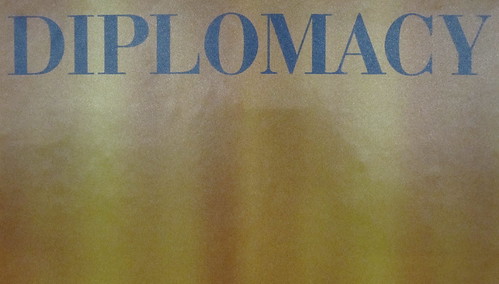
Since late January, I’ve had the privilege of teaching the introductory International Politics class at Haverford College just outside of Philadelphia. One of the benefits of teaching bright undergraduates (mainly freshmen and sophomores) is that they come to the study of international relations from such a different perspective than my own that classroom interactions are often interesting and thought-provoking. The other major benefit is the opportunity that it has provided for me to go back and re-read some international relations classics.
As WOTR [War On The Rocks] is a den of realists, I thought I would go back to the roots of modern realism and examine one aspect of Hans J. Morgenthau’s magnum opus Politics Among Nations: diplomacy. For many, this book encapsulates and defines many of the core premises of realism. While dismissed as being too normatively prescriptive by some, it is still a useful primer. This is a particularly important topic today while the U.S. is recalibrating its instruments of power (mainly by decreasing them) and global commitments and particularly operating in a world that is teeming with geopoliticians such as Vladimir Putin and Bashar Assad who seem quite willing to push back against America’s global interests.
For Morgenthau, diplomacy must:
